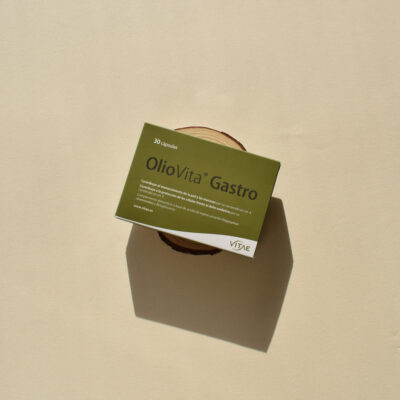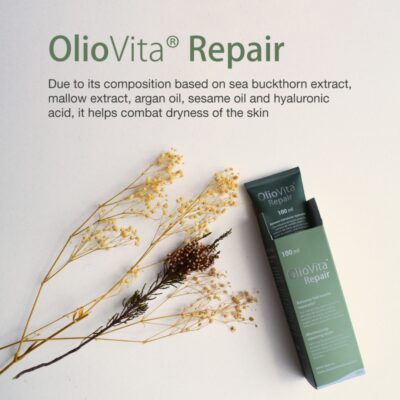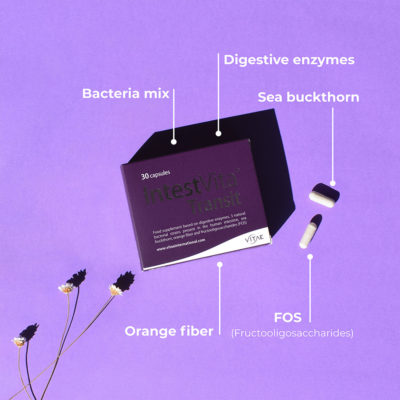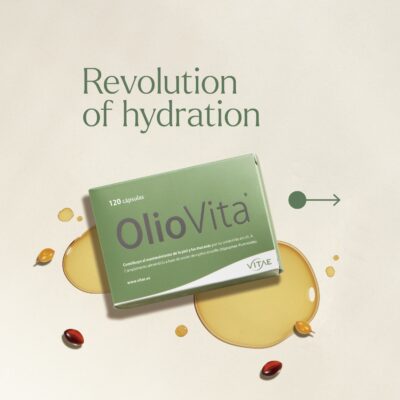All the mucous membranes that our body contains must be in good condition, since they cover and protect the interior of our body. The mucous membranes are covering cavities of the whole organism, it can be nose, mouth, vagina, stomach , rectum. In this article we are going to talk about intestinal mucosa and how importance it is.
What is the intestinal mucosa?
It is a layer that lines the inner walls of the intestine and is made up of cells that secrete mucus. It is a kind of sponge that is responsible for absorbing the necessary nutrients for our body and protecting the intestine from those toxic substances that would affect its functioning . The intestinal mucosa is made up of three layers:
- Muscular mucosa: it is a thin layer of smooth muscle fibers that lines the wall of different organs in our body, such as: esophagus, stomach, small intestine, and large intestine.
- Epithelium: tissue group of cells that covers certain interior organs.
- Lamina propria: thin layer of connective tissue that lies below the epithelium and forms the mucosa next to it.
What functions does the mucosa have?
The main function of the digestive or intestinal mucosa is to absorb the necessary nutrients for the organism and that there may be a correct intestinal permeability. In addition , it regulates the immune response, that is, it has the ability to modulate the function of our defensive system . The digestive mucosa is related to our immune system, which is why it is very important that it is in very good condition. When the intestinal mucosa does not perform its function, it becomes saturated with toxins and gets inflamed, among others, and that is when intolerances and/or allergies may appear.
Inflammations of the intestine
When there is an inflammation of the tissues of the digestive tract we can mention:
- Ulcerative colitis: causes inflammation and sores (ulcers) in the lining of the large intestine (colon) and rectum
- Crohn’s disease: This disease is characterized by inflammation of the lining of the digestive tract, usually its deeper layers.
How can we improve our digestive mucosa?
To prevent bacteria from adhering to the walls of the mucous membranes and preventing them from properly absorbing nutrients, it is necessary that our intestinal mucosa is in the best conditions. We can improve or keep the mucosa healthy in the following way:
- Increase digestive enzymes: thanks to taking papaya, pineapple, kiwi and certain raw vegetables, such as parsley, broccoli and celery, we can strengthen and protect the intestinal mucosa, thus increasing digestive enzymes will contribute to the development of cells that are found in the walls of the intestine.
- Avoid certain foods: there are foods that do not favor the intestinal mucosa, such as processed foods, soft drinks or alcohol and excess coffee. However, just as these should be reduced, the following are healthy for the good of the mucous membranes: fiber and probiotics.
- Stay hydrated: try to consume as much water as possible, the recommended is between 1.5L and 2L.
- Control the consumption of sugar: control the intake of foods that contain a lot of sugar and that are found in harmful fats, dyes and more.
- Exercise: exercise regularly, as it will help to regulate the functions of the intestinal mucosa well.
Incorporating good habits into your life is important to achieve general well-being. If you already have a good routine in your day to day, you can give it a plus by consuming food supplements that help you getting what you need. For example, in this case, keep your digestive mucosa in good condition and thus avoid problems in it.
Vitae solution
OlioVita is a food supplement based on sea buckthorn oil, rich in Omega 7, Omega 3, 6 and 9, as well as natural vitamins A and E, which contributes to the maintenance of the skin and mucous membranes. Sea buckthorn oil is also rich in other nutrients that help regenerate and repair mucous membranes, avoiding their deterioration due to the ingestion of drugs, toxins and irritating laxatives that damage it.
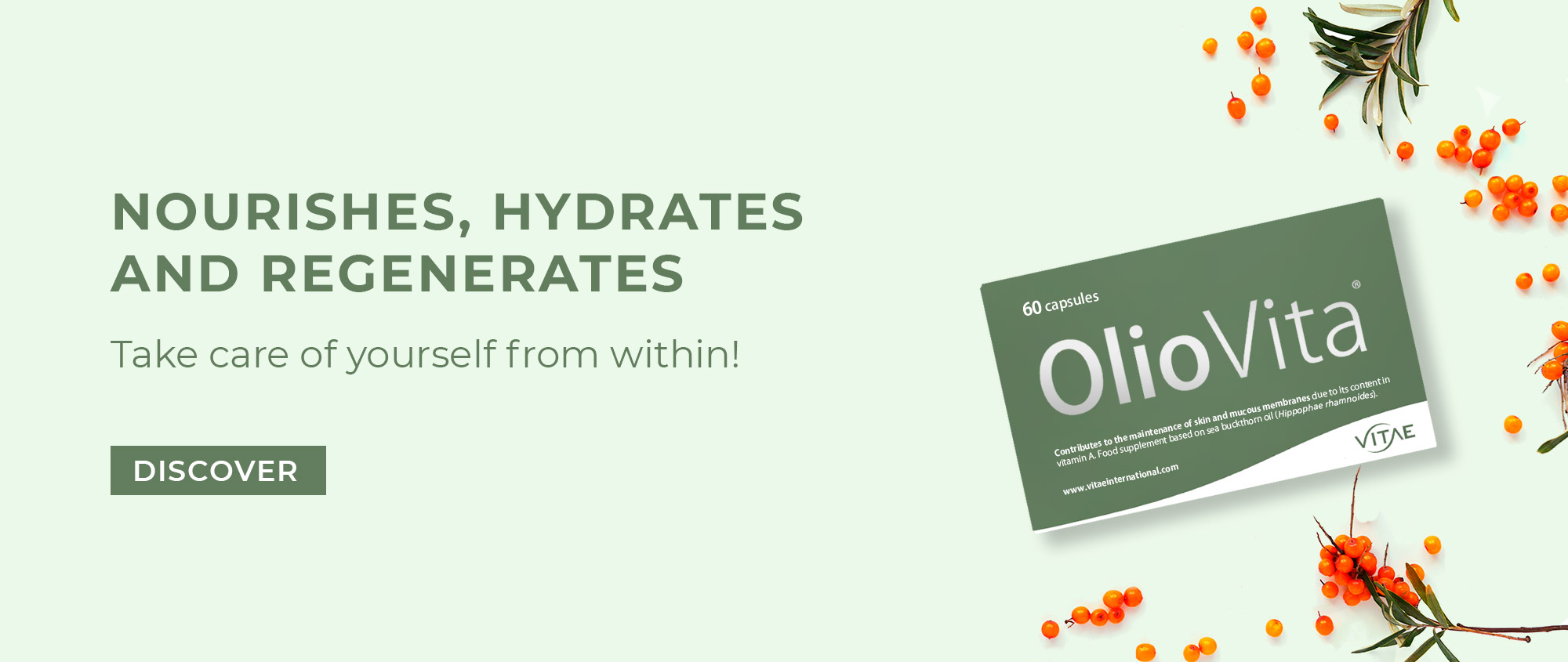
In the case of digestive mucosa, sea buckthorn oil helps this mucosa fulfill its main role as the first barrier, preventing the entry of pathogens, regulating intestinal permeability and favoring good nutrient absorption.


